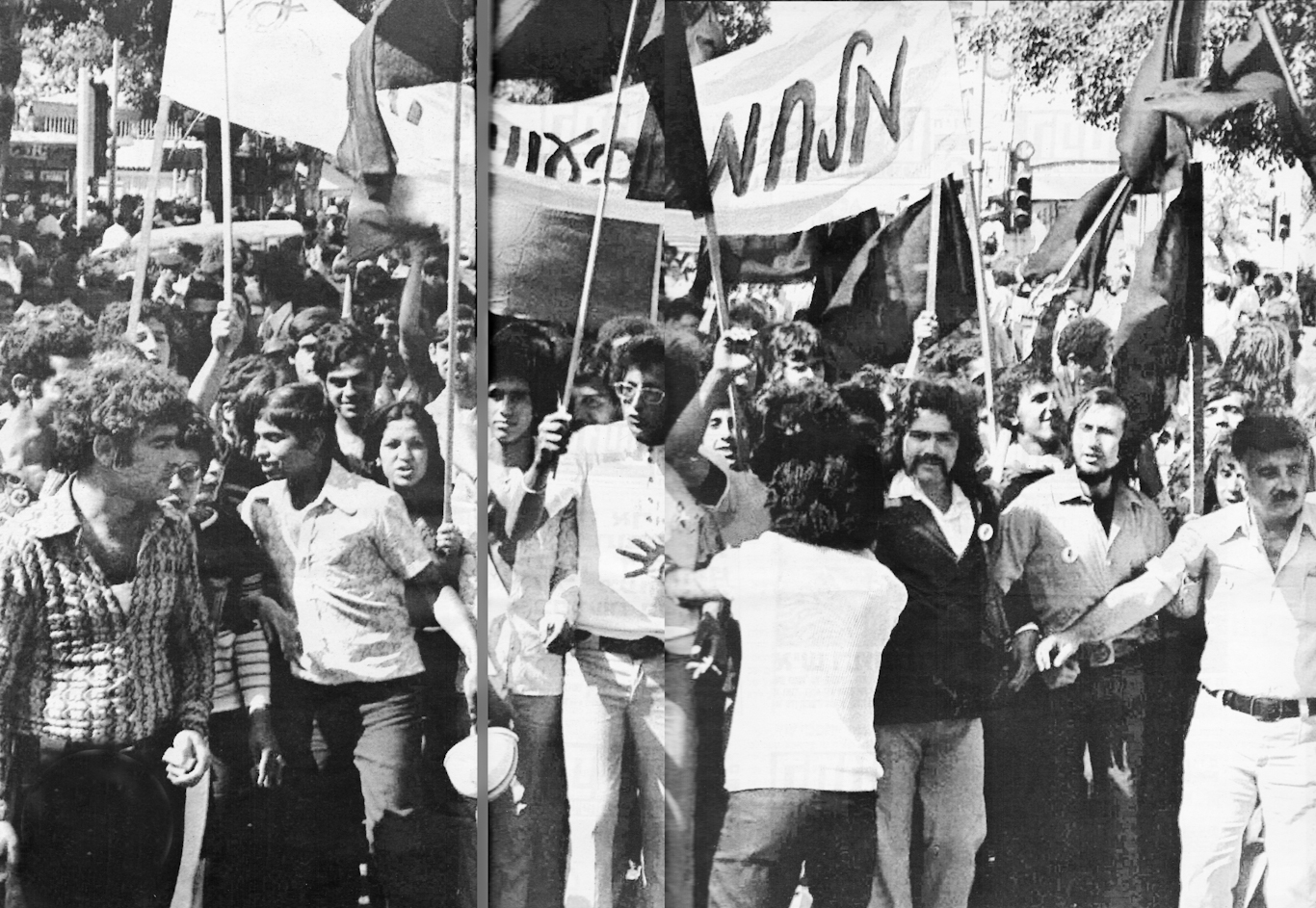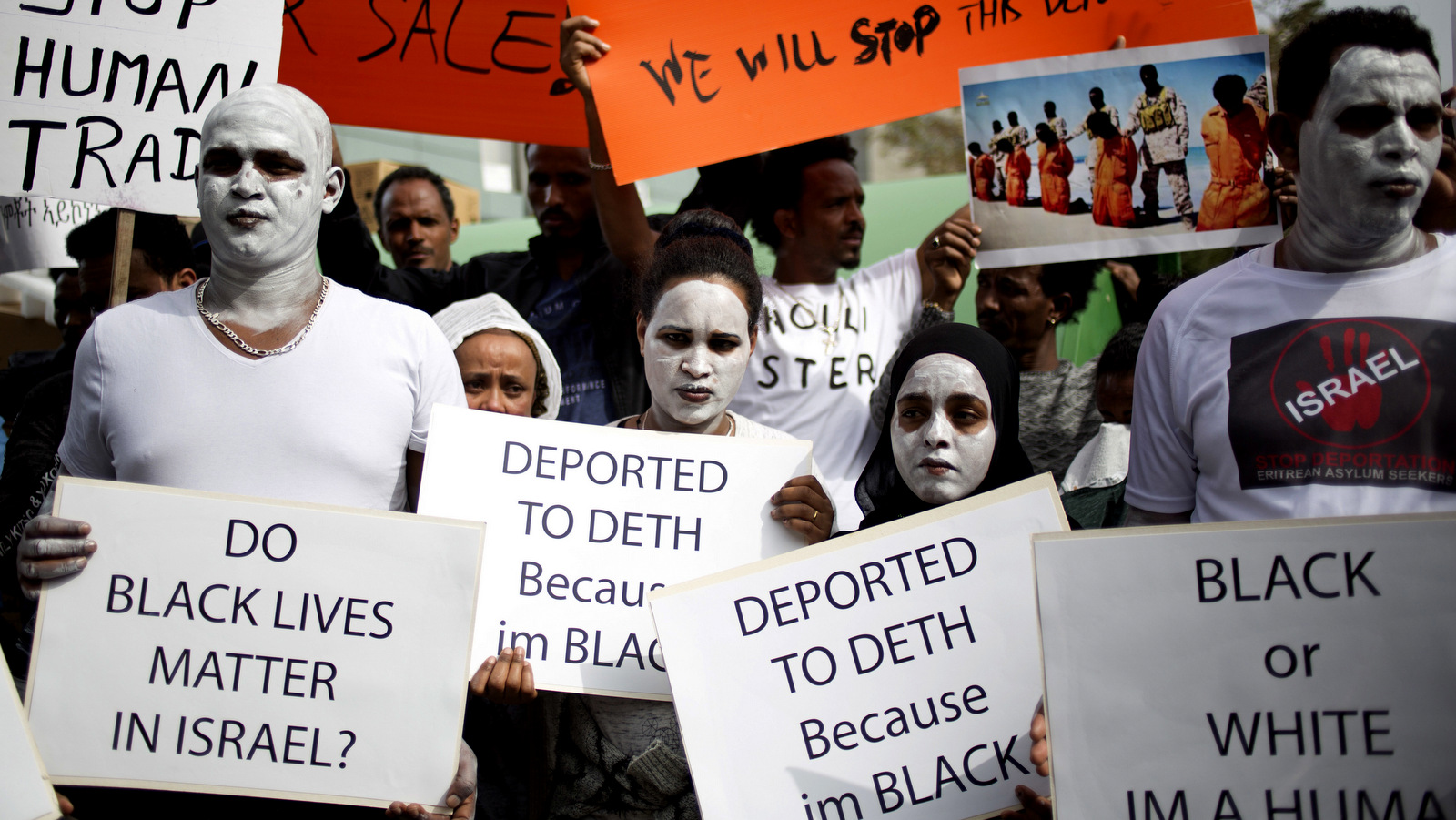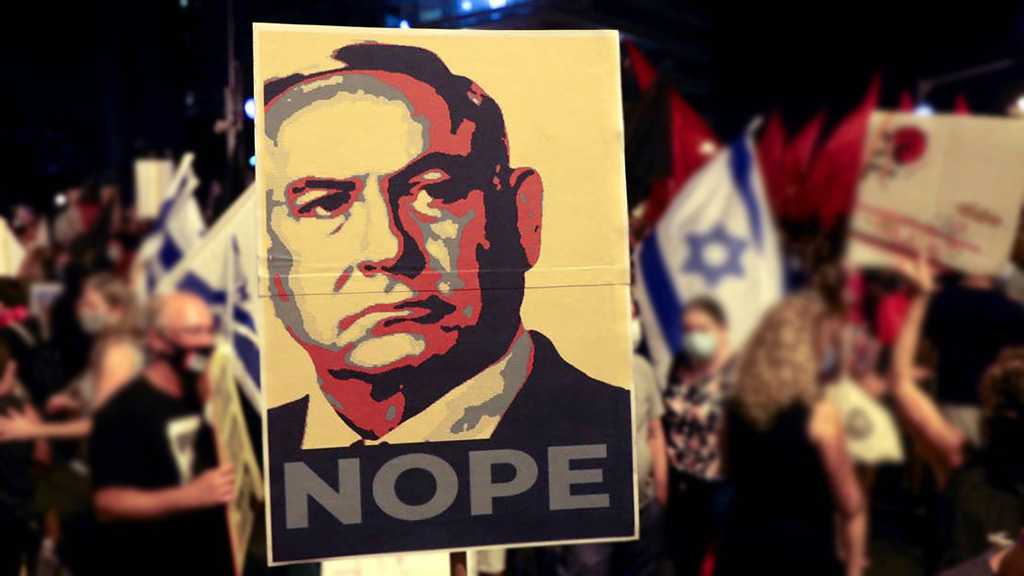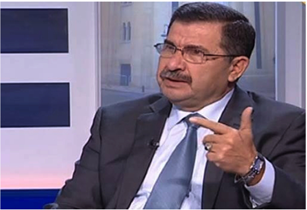Israel is a nation grappling with deep internal divisions, and unfortunately, it is the Palestinian people who are paying the heavy price. Recently, a group of Israeli reservists known as “Brothers In Arms” made headlines by refusing to fulfill their reserve duty in protest of the newly passed “Judicial Reform.” Their stated concern was for the preservation of “Jewish democracy,” with an emphasis on creating a better future for their children within such a system.
Some of the refusers who sat with their backs to the cameras, probably because they were members in some of Israel’s highly secretive death squads, known as the Special Forces, said they were concerned about the nature of the Israeli army. But what was it that they did not mention? Even once? The rights of Palestinians.
The rights and welfare of the Palestinian people seemed to hold no significance for these individuals. Despite being hailed by some as heroic champions of democracy, they displayed a disheartening indifference toward the safety and well-being of Palestinian children. To them, millions of Palestinians are merely viewed as targets, devoid of any value beyond the crosshairs of a gun.
The media is portraying the protest in Israel as the growing pains of a young democracy. It is not. Israel was never a democracy but a racist, violent, divided entity that has barely kept it together. Furthermore, Israel was never a cohesive society, and this break was inevitable.
Now Israel is falling apart in front of our very eyes, Palestinians are undergoing unprecedented suffering, and there is no one presenting a clear agenda for Palestine. Once again, at historic intersections in Palestine, the people of Palestine have no say because they have no voice.
NOT THE FIRST TIME
Israeli society is a patchwork of immigrant groups who are mostly disconnected from each other and make up the socio-economic structure of Israeli society. Generally speaking, the more European you are, the more privilege you have. This is definitely not the first crisis that Israeli society has had to endure, but it is the first one where the President of the United States and other notable Americans seem concerned.
When the state of Israel was established, Zionist institutions did everything they could to get Jewish communities in Arab countries to leave their homeland and their homes and to come to what was now Israel. Even though, for the most part, these ancient Jewish communities were reluctant to move, many of them did. They came from Yemen, all over North Africa, from Iraq, Syria and Lebanon, and they came from Kurdistan.
When they arrived, they were viewed by the secular European Israelis as dirty, backward Arabs and were treated as such. Many were sprayed with DDT, a poisonous bug repellent, upon their arrival and then sent to camps from which they were forbidden to leave without permission from their European guards. It made no difference whether or not they had an education. Whether someone was a doctor, an engineer or a teacher, they were slated for manual labor and life in the periphery or in overcrowded conditions in slums. Their role was to serve the European settlers in the big cities.

In the 1970s, as the racism and discrimination against these communities became intolerable, they rose, and Israel had its own Black Panther Movement. They were the dark-skinned people who were now angry and wanted fair treatment. Was there an American president who called the Israeli prime minister to discuss this? No!
Decades later, Israel, in a bid to boost its Jewish population and hedge against Palestinian birth rates, brought large numbers of people from Ethiopia. They, too, being Black, suffered discrimination and racism. When they rose and protested in anger, did the U.S. president pick up the phone and call to express concern? Once again, no! Why, then, are President Biden, former ambassador Martin Indyk and others so concerned about the current crisis in Israel? What makes this community different from all those others who protested against the government?

WHITE PRIVILEGE
This time around, the privilege of the white, so-called “elite” of Israeli society is being eroded. Now these are not Black and Brown people protesting and being denied rights, these are rich white people. They are pilots and military commanders, people who are privileged in every way. Mind you, their lives are not at risk, their livelihood is not at risk, and their homes are not at risk. There is an erosion of the democratic institutions that govern white-privileged Israelis and which they take for granted.
None of the groups mentioned above would have dared to cross the lines that are being crossed by these protests. This time they are blocking major highways, blocking the airport in Tel-Aviv, and generally intentionally disrupting and even sabotaging daily life in Israel. Had any of the numerous marginalized groups in Israeli society done this, there would have been mass arrests, and it would have been crushed with an iron fist. Not this time. This time the protests are handled with kid gloves and even got the attention of the U.S. president.
WHAT’S NEXT FOR PALESTINE
Israel has never been a cohesive society but a patchwork of groups held together with scotch tape. Now the scotch tape is falling off, and time will tell where it will lead Israel. The Israeli government is taking full advantage of the fact that the eyes of the world are on the protests, and no one is paying attention to the plight of Palestinians. The lives of Palestinians have never been in such imminent danger, their security is non-existent, and no one stands up for them. Palestinians are reduced to less than collateral damage. It is open season on Palestinian lives, homes and children. They are all prey to every Israeli hate group and every sick settler with a gun.
If Israel does collapse, and it very well might, a vacuum will surely mean more suffering for Palestinians.
Filed under: "Israel", Israeli Crimes crimes against humanity, Palestine, Palestinian people | Tagged: 'Israel' Eroding From Within, Divided israel, Judicial overhaul, The Collapse of Israel | Comments Off on MIKO PELED: ISRAEL WAS NEVER A COHESIVE DEMOCRACY, AND ITS DISINTEGRATION WAS INEVITABLE



























